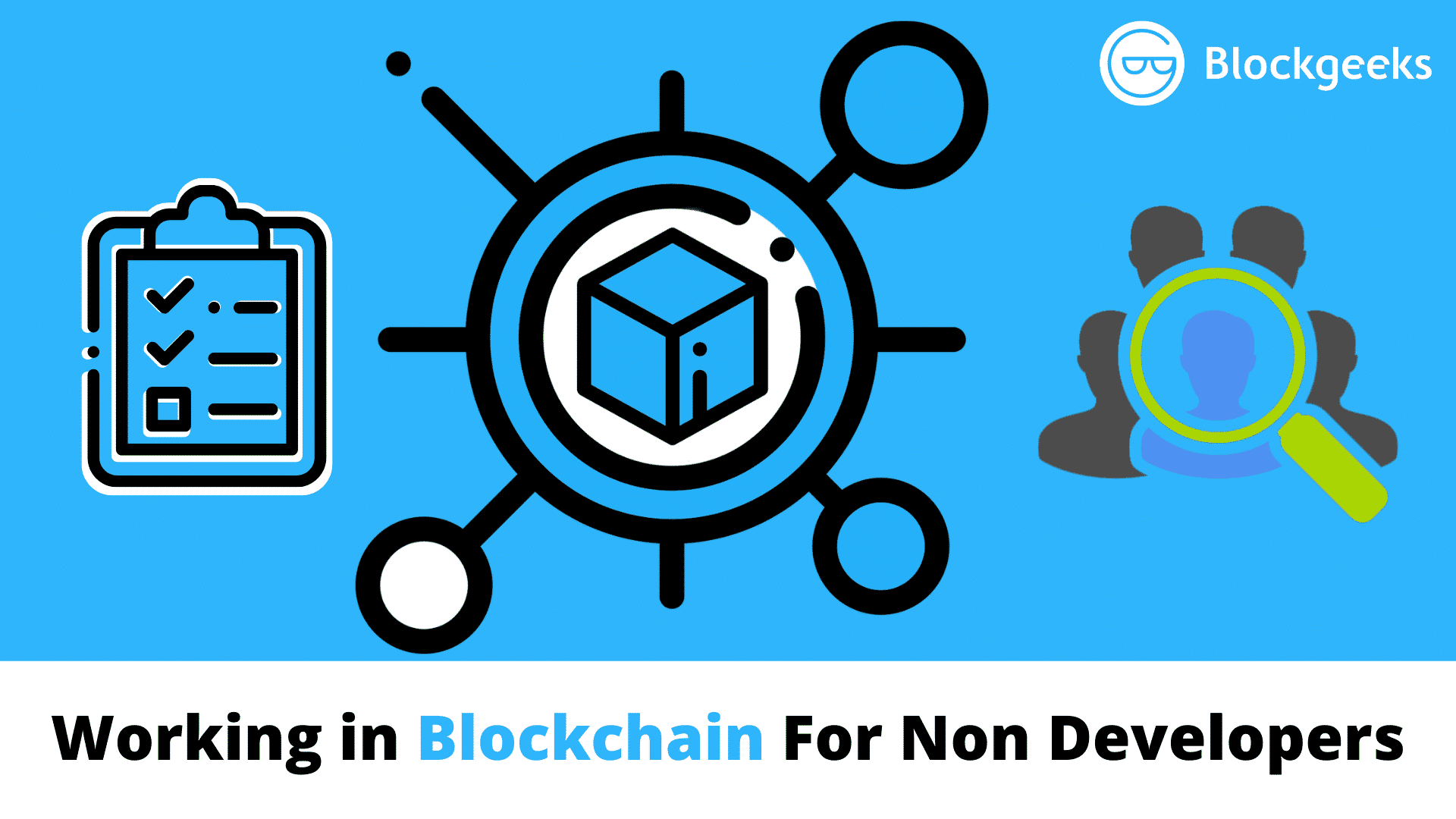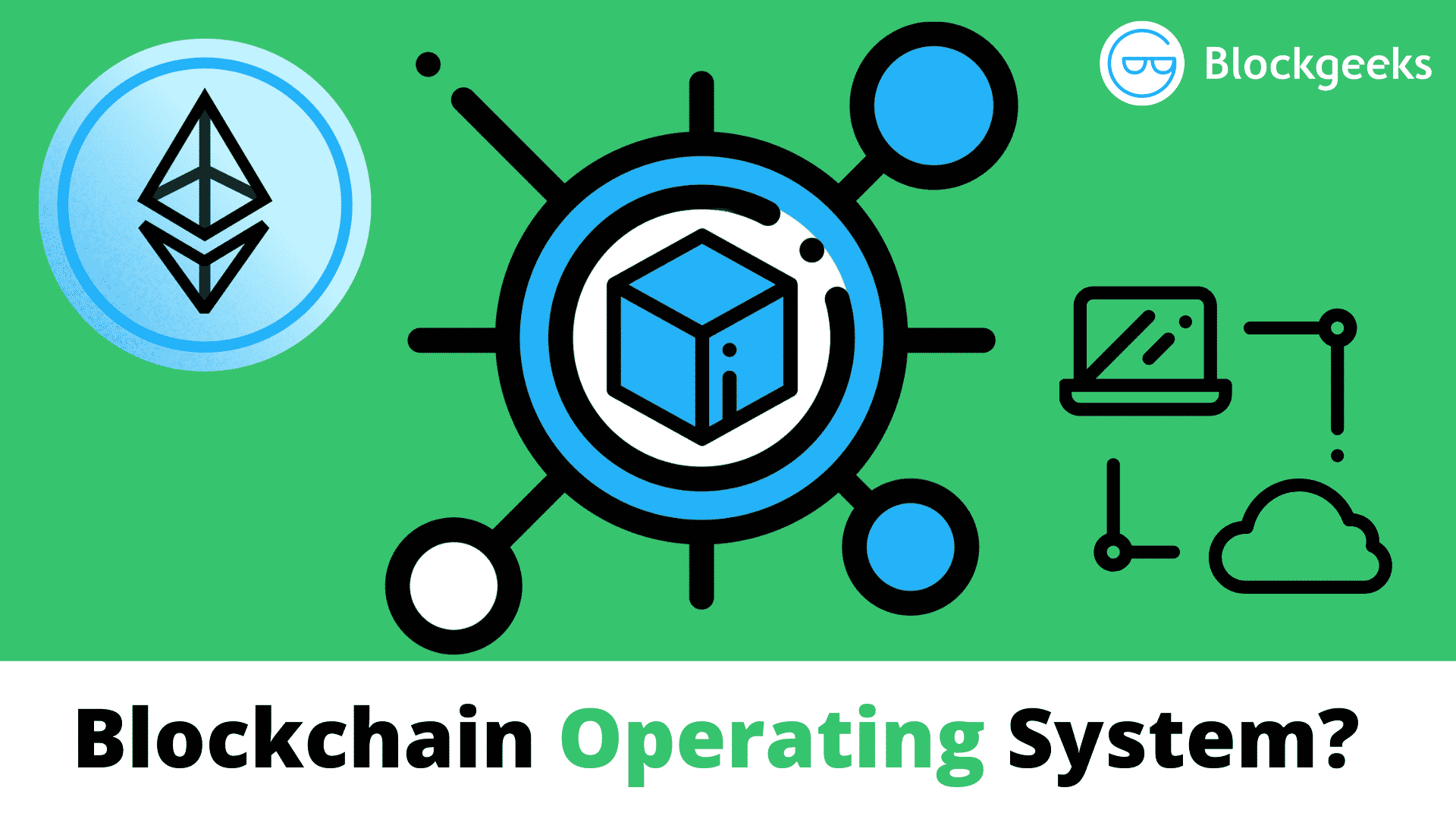Contents
|
|
Have you ever been infected with E.coli? Did you know that there are insurance companies that insure other insurance companies? Can you find Estonia, a tiny Northern European country, on a map? Or maybe at this point, you’re just wondering what all these questions have in common?
The short of it is, they’re blockchain use cases. For the long of it, join us as we explore how blockchain technologies are being used to prevent infectious breakouts, reduce insurance costs, and well, govern entire countries (or maybe just one to begin with). This post is part of our series on What is Blockchain Technology.
For a complete rundown on what blockchain technology is and why it matters, check out our ultimate guide: Blockchain For Beginners: What Is Blockchain Technology? A Step-by-Step Guide.
Contents
Blockchain Supply Chain Use Cases
One of the most celebrated blockchain supply chain use cases has been IBM’s Food Trust, which global food chain giants such as Walmart, Nestle, Unilever, and Carrefour have all signed up for. IBM has its own blockchain platform, a public cloud service that can be used to build different blockchain networks. It is based on Hyperledger Fabric, an open-source collaborative blockchain project hosted by the Linux Foundation.
In 2018, 210 people in 36 different states were infected with E.coli from a bad batch of romaine lettuce. The FDA investigation lasted over two months and the Centers for Disease Control advised people to throw out the lettuce that was grown in Yuma, Arizona. Walmart cited the outbreak to explain the decision to take part in Food Trust, claiming that blockchain technology can be used to trace each batch of goods from farms to the markets.
Blockchain technology offers an alternative to traditional supply chain management systems that benefits both the producers and the consumers. The transparency and immutability of the supply chain records on the blockchain make it possible to prevent any middlemen from adding unjustified costs to their services, and at the same time, it provides traceability for defective goods, thus easing recall efforts.
But has the Food Trust increased Walmart’s quick recall capability? On November 6th, 2020, FDA announced a recall for Tanimura & Antle brand romaine lettuce due to E.coli suspicion, and The Michigan Department of Agriculture and Rural Development (MDARD) announced that a lettuce sample from Walmart tested positive for the bacteria. According to the Walmart blockchain supply letter concerning food traceability, it should have taken mere seconds to track a food item from a Walmart Store back to the source. However, Walmart didn’t release the list of stores that sold the botched product until November 10th, an entire four days later.
It could be that Walmart didn’t publish the list earlier since the brand had already been identified by the FDA, but this makes it hard to gauge how effective blockchain implementation has been in regards to transparency and traceability efforts.
Blockchain Government Use Cases
There are several blockchain projects that are being developed for streamlining government services in order to enhance efficiency and cut out bureaucratic time waste. One of the most developed examples of blockchain government use cases is the e-Estonia program that the Estonian government embraced. The e-Estonia program allows Estonians to access a number of public services without jumping bureaucratic hoops and reduces the workload of public servants.
The e-Estonia Program is backed by the KSI Blockchain developed by Guardtime, a private network security company. KSI Blockchain secures many e-services already in use in Estonia, such as e-Health, e-Law, and e-Banking.
The e-Health database combines citizen information found in the e-Health Record and the e-Prescription databases, allowing emergency services, doctors, and pharmaceutical providers to provide better services to people.
Integration of the e-Law and the e-Court systems with the e-Police data under e-Justice services prevents document shuffling from department to department, saving the citizens and the public servants from the associated time cost and reducing the chances of corruption.
Blockchain technology also makes it possible to streamline financial operations. Thanks to e-Banking, e-Identity, and e-Business, register systems make it very easy to establish a company in Estonia and a whopping 98% of Estonians file their taxes online.
Citizens, businesses, and public officials depend on blockchain-based ID Cards to access the blockchain, a solution that saves both money and time, but the whole system depends on the security of ID Cards. The discovery of a potential security flaw in the cards caused a lockdown on e-Government services for a weekend back in 2017.
Blockchain Healthcare Use Cases
One of the most promising uses for blockchain technology is healthcare services and yet, most forays into blockchain-based healthcare services have resulted in disappointment.
In theory, blockchains can boost healthcare services by developing Electronic Health Records (EHR), systems that combine patient information stemming from different sources (like the example of Estonia). However, EHR and healthcare are multifaceted, complex systems that require collaboration across state-level actors, medical providers, and other stakeholders, as well as experts from different disciplines. Perhaps the lack of such collaboration is partially the culprit as to why blockchain in healthcare is yet to thrive.
One blockchain healthcare use case that is already implemented is Excelsior Pass, a Covid-19 vaccine passport developed by IBM for the state of New York. Excelsior Pass is a mobile app that connects with a healthcare provider to verify you have been vaccinated, once you identify yourself on the app. The app provides a QR code you can show as proof you have been vaccinated. It only shows vaccinations done in the state of NY.
Excelsior Pass passports received mixed responses. Technical delays and problems with data entry processes prevented many from using the app. More importantly, the Surveillance Technology Oversight Project (STOP) condemned the Pass, reporting that the scanners used to read the QR Codes can track a user’s location, which basically means that Excelsior Pass can be used for government surveillance. As The Electronic Frontier Foundation (EFF) warned us, using a blockchain in this context has the potential to do more harm than good.
Several lawmakers and the New York Civil Liberties Union have moved to prevent the law enforcement and government agencies from accessing the information gathered by the passport app.
Blockchain IoT Use Cases
One of the most unique and promising applications of blockchain technology to the Internet of Things (IoT) is being spearheaded by IOTA. The IOTA platform was specifically designed for IoT and it’s backed by the IOTA Foundation.
IOTA offers several blockchain IoT use cases, most significantly regarding the transportation industry, in line with its partnership with Volkswagen. The German car manufacturer had been working with the IOTA Foundation in order to develop their autonomous (self-driving) cars. IOTA-enabled Digital Car Passes will be able to collect and communicate car data, and can also be used to pay parking tickets.
Interestingly, IOTA differs from the traditional blockchains. It has its own distributed ledger technology “Tangle” which has no miners and no transaction fees. All users in the network approve the transactions, which allows more transactions per second to be approved compared to other blockchains.
IOTA has been criticized for not being completely decentralized since its consensus mechanism depended on a consensus-coordinator node operated by the IOTA foundation. The node constituted a single point of failure for the IOTA network. The good news is that IOTA listened to its critics and no longer uses a consensus coordinator and is thoroughly decentralized.
Autonomous cars have been in development for some time now, but concerns regarding security issues still haunt self-driving cars. Volkswagen has a particularly problematic track record since it surfaced that it has suppressed academic research revealing the vulnerability of its remote keyless vehicle entry system.
In any case, IOTA promises efficiency coupled with transparency that the car industry and consumers need in order to move into the future.
Blockchain Insurance Use Cases
Blockchain technology offers innovative solutions to insurance companies, too. B3i is an industry initiative backed by major insurance companies around the world. It aims to develop a distributed ledger technology network that can be largely adopted by insurance businesses in general and replace traditional insurance administration systems.
The insurance industry is a complex network of connections with many nodes along the way: brokers, insurers, and legal authorities with different jurisdictions are only a part of the chain. Adopting blockchain technology can save the industry both money and time by optimizing insurance processes.
What’s more – did you know that even insurance companies have insurance? These are called reinsurers and they make it possible for insurance companies to handle more risk with less capital. B3i’s Reinsurance (B3i Re) application allows reinsurers to share documents and manage portfolios without relying on intense labor, saving precious time for both insurers and reinsurers.
B3i offers lots of features, including streamlining workflow via clause libraries, endorsements, and contract structuring for structuring treaties. B3i Re App also comes with technical accounting and claims features.
Although B3i established its own Fluidity platform with the help of Corda in order to run the B3i network, it allows third parties to build their own applications atop it. Even if the original contracts or placement systems were built off-ledger, they can be integrated into the B3i network.
Blockchain Use Cases in Banking
The we.trade consortium leads the charge when it comes to disrupting existing banking systems with blockchain technology. While international trade fuels global economic growth, many banks don’t have the necessary resources to facilitate international trade. The we.trade consortium aims to change that. Composed by twelve leading European banks –Santander, UBS, HSBC, Nordea, UniCredit, Deutsche Bank, Erste Group, CaixaBank, Natixis, Société Générale, KBC, and Rabobank, this joint venture is working toward enabling easy and rapid cross-border payments, thus helping more companies join international trade.
The we.trade consortium developed the blockchain trading platform together with IBM. Smart contracts allow buyers and sellers to make business deals through generic and binding contracts that don’t require a third party to act as an intermediary. All documents are transparent and traceable, and the payments are secured by the partner banks in the we.trade consortium.
The we.trade trade market provides security for businesses since all customers are verified. Since payments are facilitated through smart contracts, there are no pre-payments, as buyers and sellers are paid immediately when the settlement conditions are met. Santander, for instance, has been running its own blockchain lab for a couple of years and is developing a faster, cheaper alternative to SWIFT payments for individuals
By allowing faster trades at a lower cost, we.trade-associated banks are changing the face of international business and payment. It’s fair to say that we.trade represents one of the most ambitious examples of blockchain use cases in banking.
Enterprise Blockchain Use Cases
Some of the most impressive blockchain-based products and applications are built on enterprise blockchain platforms. These platforms allow enterprises around the world to develop and use blockchains in order to increase their value. There are many platforms providing blockchain technology solutions to companies, including IBM and Hyperledger Fabric.
There are many areas where enterprise blockchain use cases can be demonstrated and in fact, we did just that in the above examples! Three out of the six examples we picked to represent different use cases for blockchain technologies are developed and supported by IBM: Food Trust, Excelsior Pass, and we.trade.
Private businesses, as well as state-level actors, can benefit from IBM’s blockchain solutions. IBM ecosystem can help businesses form consortiums and enable networks to make previously unimaginable operations possible on a scale larger than ever before.
Since the IBM blockchain platform uses Hyperledger Fabric’s open-source code as its base, it has a flexible infrastructure. IBM uses OpenShift containerization software by Red Hat, which allows businesses to use the IBM cloud to deploy scalable apps.
In other words, IBM provides open-source code, blockchain expertise, and a business network to develop your ideas and cloud services. You can find more information about IBM Blockchain solutions here.
But Wait – Who’s Running the Show?
Our picks for this article are some of the most innovative and well-developed use cases with multiple stakeholders across the world, but you may have noticed that they are usually also private, hybrid, or consortium blockchain projects rather than public ones. Public blockchains need thousands of nodes to interact 24/7 in order to keep the network secure and they are quite vulnerable to security breaches under certain circumstances. This is not a functional option for many businesses that want to adopt blockchain solutions.
Private chains or permissioned chains typically assign certain duties to a few tightly controlled nodes that can validate the records. They are often considered less secure because centralized security could mean creating a single point of failure for the whole network. However, in many cases, security is context-dependent and for certain types of businesses, running a tight ship is a must when it comes to access control.
A Few Words Before You Go…
There are many growing initiatives that can truly change how our world works. Check out how blockchain use cases are changing the world to learn about some more real-world applications of blockchain technology.
Some of these applications may be hit-and-miss, considering the third-party’s (like Walmart and New York State) lack of transparency regarding how the applications are being used, but others represent some of the best opportunities provided by blockchains.
As Francis Bacon once wrote, knowledge is power, and to quote our favorite friendly neighborhood Spider-Man (or his uncle), with great power comes great responsibility. We hope for a blockchain future where the power and the responsibilities entrusted to private companies and organizations can be delegated to the people, but in many ways, blockchain technology is still developing. How blockchain technologies can change our society and how our society can change to adopt more democratic forms of information-keeping still remains a mystery, one that needs to be discovered by all of us.
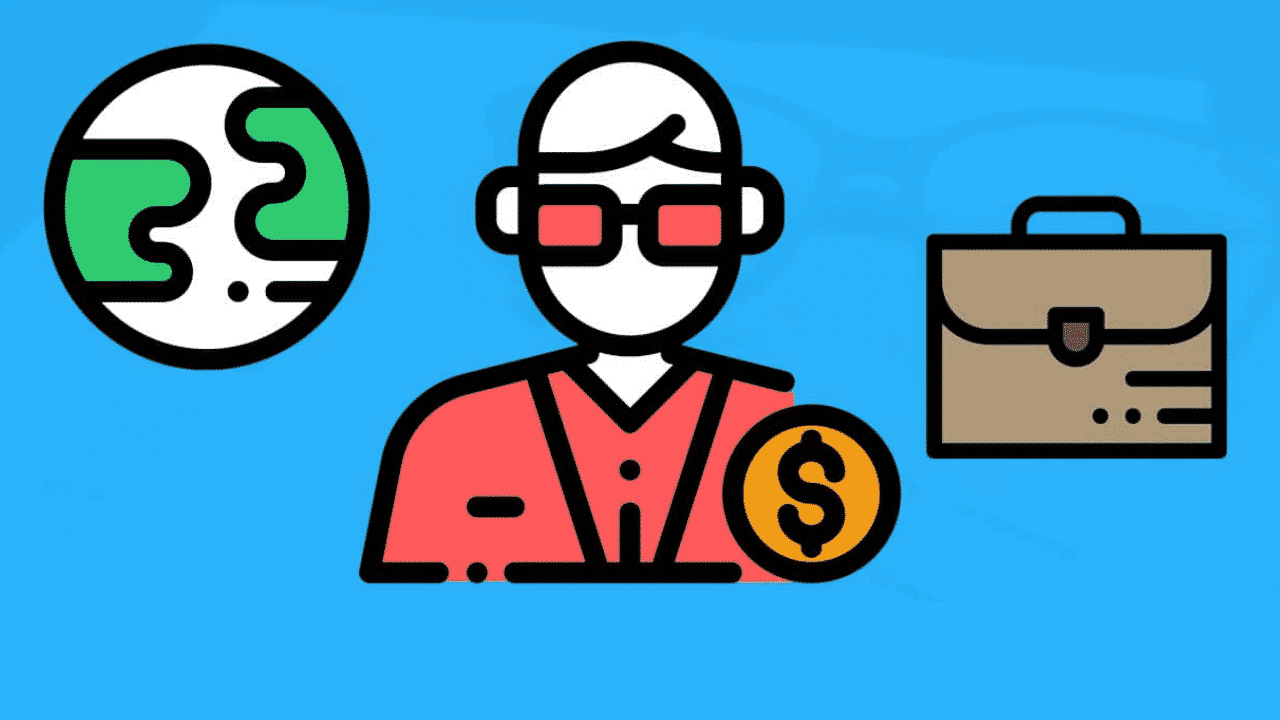


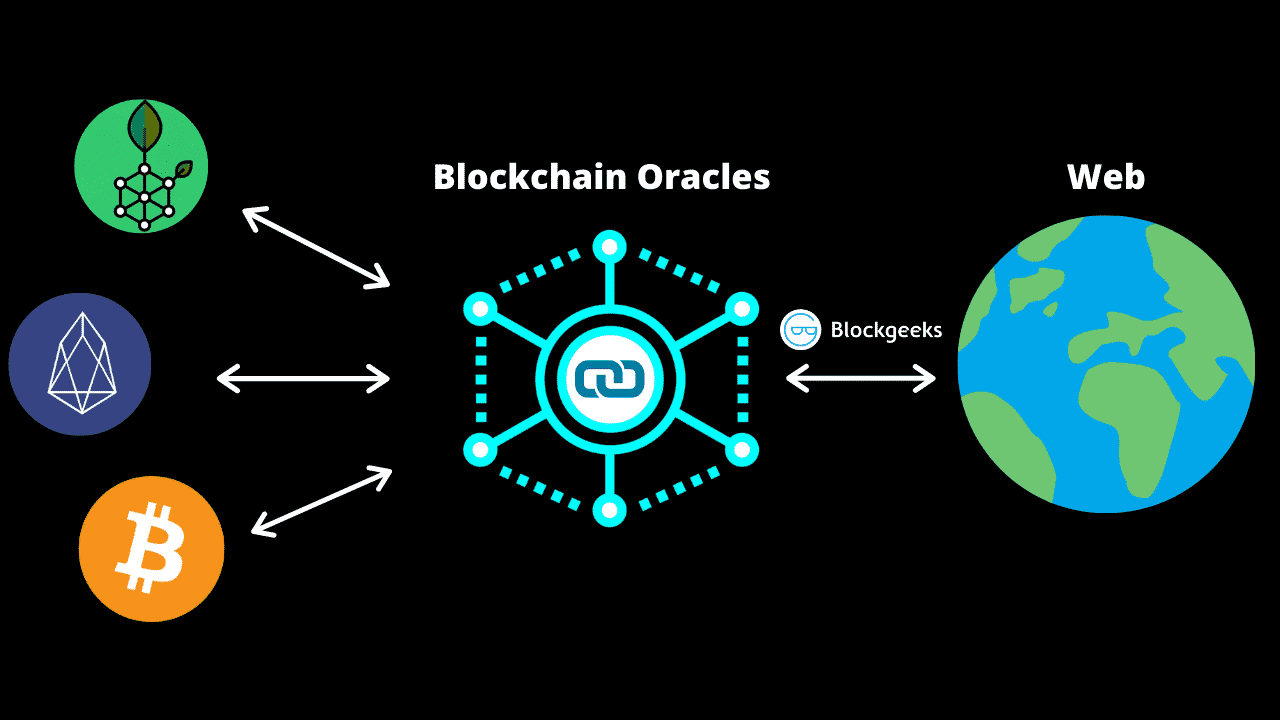
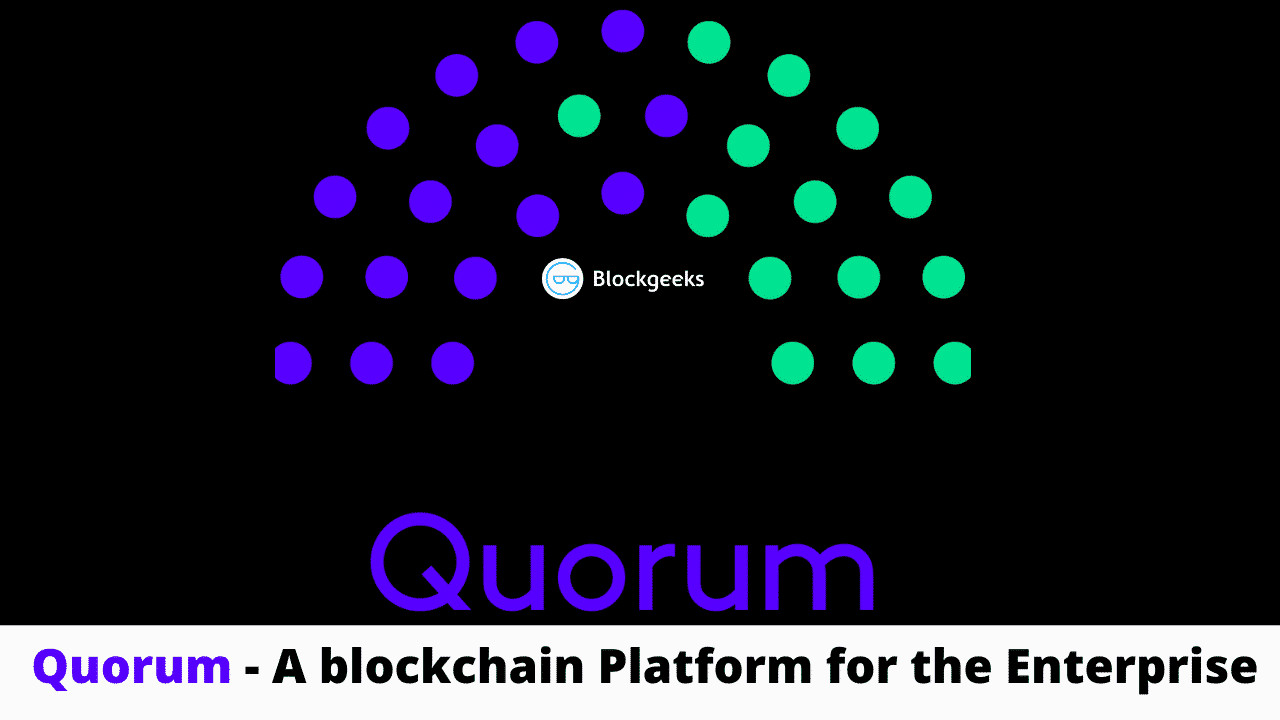
![Blockchain Government Use cases - [Algorand, ICON, Power Ledger, and RSK]](https://blockgeeks.com/wp-content/uploads/2020/04/Blockchain-Government-Use-cases-Algorand-ICON-Power-Ledger-and-RSK.png)
